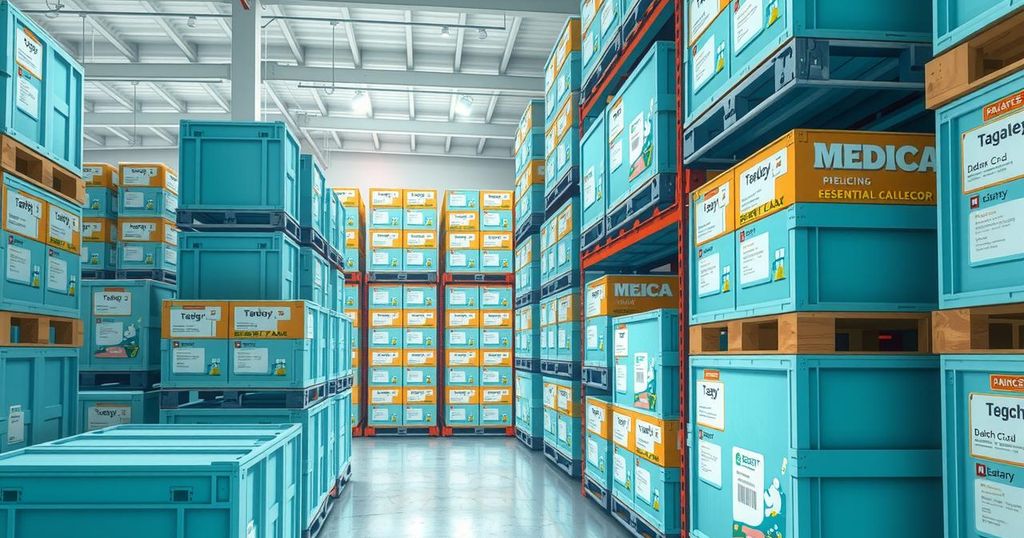Vital Leprosy Drugs Set to Arrive in Nigeria After Year-Long Shortage
After a year’s delay, vital leprosy drugs are expected in Nigeria, as announced by the WHO. The country has faced shortages due to new drug regulations, impacting over 2,000 new cases annually. The WHO has requested Nigeria to lift certain testing protocols temporarily to expedite the arrival of these medications.
According to the World Health Organization (WHO), individuals affected by leprosy in Nigeria will soon receive essential medications after a year-long shortage. The country, which records over 2,000 new leprosy cases annually, experienced a supply disruption due to the implementation of new regulatory policies for drug testing. The WHO has requested Nigeria to temporarily suspend these regulations, anticipating that the much-needed drugs will arrive from India this weekend.
Leprosy is treatable using a combination of antibiotics; however, without treatment, patients may face severe health issues, including sores, nerve damage, and deformities. Treatment duration typically varies between six to twelve months, but the absence of available drugs has led to patients being sent home from hospitals. This situation raises concerns for increased disease transmission, as the medications are crucial in curtailing the spread of leprosy.
Dr. Samimu Msheliza, a public health expert affiliated with the Nigerian branch of the Leprosy Mission, underscored the critical need for these medications. He stated, “We have thousands of newly diagnosed leprosy patients across various cities who are just waiting for this drug. The quicker we have [the drugs], the better, because currently these people are suffering, and their transmission is ongoing due to lack of treatment.”
A woman named Awwal Musa from Nasarawa State shared her deteriorating condition as a result of being unable to access her prescribed treatment. She noted, “Before last year, my wounds were getting healed but now they are getting worse. The pain is worse.”
The delays stem from new regulations introduced by Nigeria’s drug authority to combat the importation of counterfeit drugs. While these measures aim to enhance safety standards, they inadvertently affected the availability of essential treatments including those for leprosy, resulting in significant repercussions for patients in need.
In summary, Nigeria will receive vital leprosy medications after a prolonged shortage driven by new drug regulations. The WHO’s intervention anticipates that these medications will arrive shortly, addressing the urgent needs of thousands of patients suffering from untreated leprosy. Although the new regulations aim to safeguard against counterfeit drugs, they have inadvertently limited access to critical treatments, underscoring the importance of balancing safety with availability.
Original Source: www.bbc.com




Post Comment